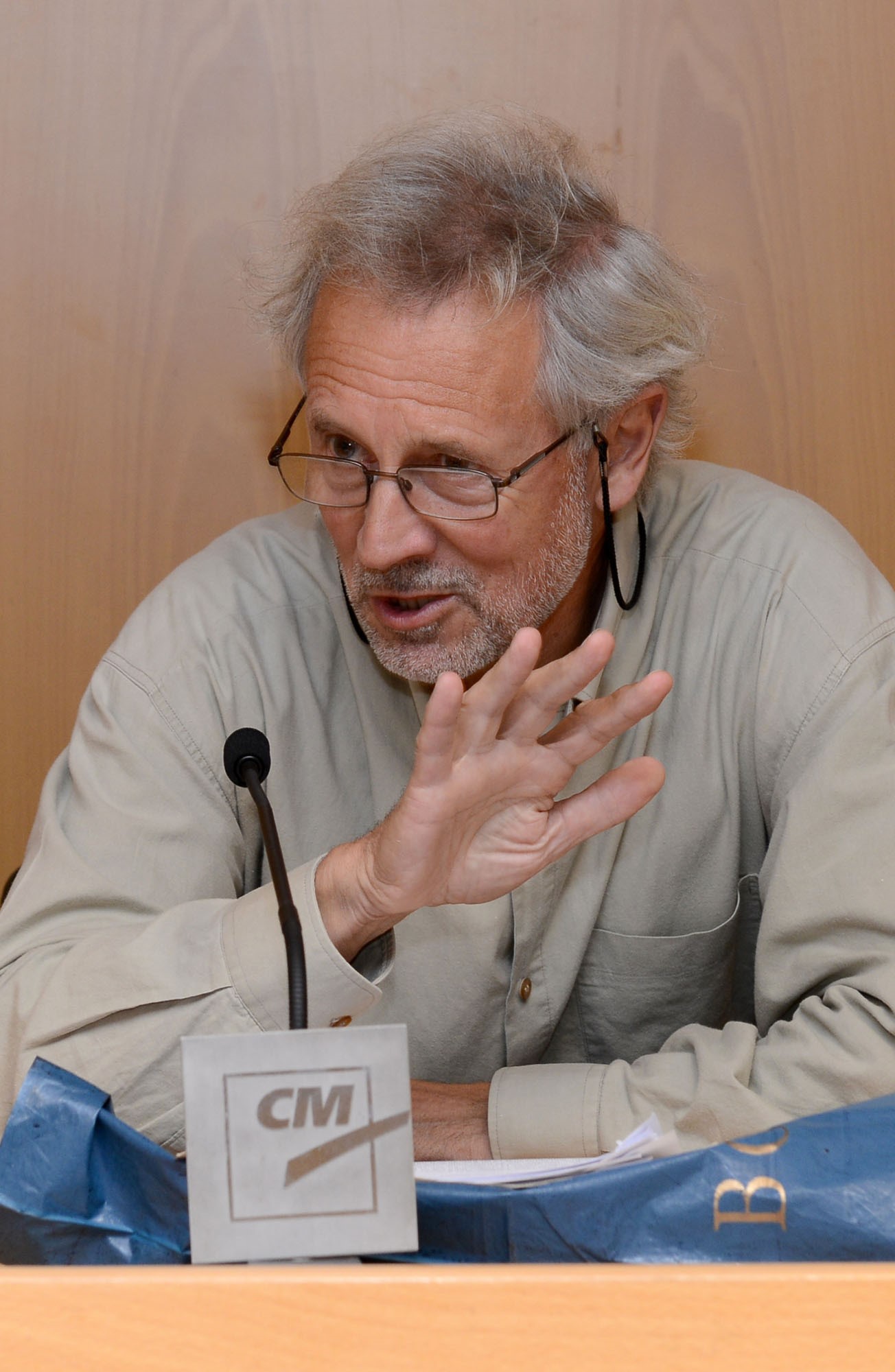Malcolm Budd on:
[Wikipedia]
[Google]
[Amazon]
Malcolm Budd (born 23 December 1941) is a 
British Academy Profile
UCL page
Author's page on Philpapers.org
1941 births Living people British philosophers Academics of University College London Fellows of the British Academy {{Philosopher-stub
British
British may refer to:
Peoples, culture, and language
* British people, nationals or natives of the United Kingdom, British Overseas Territories, and Crown Dependencies.
** Britishness, the British identity and common culture
* British English, ...
philosopher
A philosopher is a person who practices or investigates philosophy. The term ''philosopher'' comes from the grc, φιλόσοφος, , translit=philosophos, meaning 'lover of wisdom'. The coining of the term has been attributed to the Greek th ...
.

Biography
Budd studied mathematics and philosophy atJesus College, Cambridge
Jesus College is a constituent college of the University of Cambridge. The college's full name is The College of the Blessed Virgin Mary, Saint John the Evangelist and the glorious Virgin Saint Radegund, near Cambridge. Its common name comes fr ...
. He taught at University College London
, mottoeng = Let all come who by merit deserve the most reward
, established =
, type = Public research university
, endowment = £143 million (2020)
, budget = ...
from 1970 until 2001, and was appointed the Grote Professor of the Philosophy of Mind and Logic from 1998 until his retirement. He now holds an emeritus
''Emeritus'' (; female: ''emerita'') is an adjective used to designate a retired chair, professor, pastor, bishop, pope, director, president, prime minister, rabbi, emperor, or other person who has been "permitted to retain as an honorary title ...
position.
He is best known for his work in analytic aesthetics
Aesthetics, or esthetics, is a branch of philosophy that deals with the nature of beauty and taste, as well as the philosophy of art (its own area of philosophy that comes out of aesthetics). It examines aesthetic values, often expressed thr ...
. He has published articles on the expressive powers of music, the aesthetic appreciation of nature, and the values of art.
Regarding the expressive powers of (purely instrumental) music, Budd is known for defending a type of resemblance theory, such that music resembles some feature of emotions. However unlike Peter Kivy
Peter Kivy (October 22, 1934 – May 6, 2017James O. Young: In Memoriam Peter Kivy
bi ...
and Stephen Davies, Budd argues that music resembles the way that emotions feel.
Budd was elected a bi ...
Fellow of the British Academy
Fellowship of the British Academy (FBA) is an award granted by the British Academy to leading academics for their distinction in the humanities and social sciences. The categories are:
# Fellows – scholars resident in the United Kingdom
# C ...
in 1995.
Publications
The following is a partial list of Budd's publications. Monographs * ''Music and the emotions'' (1985) * ''Wittgenstein's philosophy of psychology'' (1989) * ''Values of art'' (1995) * ''The Aesthetic Appreciation of Nature'' (2002) * ''Aesthetic essays'' (2008) Articles * Budd, M. (1980). The repudiation of emotion: Hanslick on music. ''The British Journal of Aesthetics'', ''20''(1), 29–43. * Budd, M. (1987). Wittgenstein on seeing aspects. ''Mind'', ''96''(381), 1-17. * Budd, M. (1989). Music and the Communication of Emotion. ''The Journal of Aesthetics and Art Criticism'', ''47''(2), 129–138. * Budd, M. (2001). The pure judgement of taste as an aesthetic reflective judgement. ''The British Journal of Aesthetics'', ''41''(3), 247–260. * Budd, M. (2003). The acquaintance principle. ''The British Journal of Aesthetics'', ''43''(4), 386–392. * Budd, M. (2005). Aesthetic realism and emotional qualities of music. ''The British Journal of Aesthetics'', ''45''(2), 111–122. * Budd, M. (2006). The characterization of aesthetic qualities by essential metaphors and quasi-metaphors. ''The British Journal of Aesthetics'', ''46''(2), 133–143. * Budd, M. (2007). The intersubjective validity of aesthetic judgements. ''The British Journal of Aesthetics'', ''47''(4), 333–371.References
External links
British Academy Profile
UCL page
Author's page on Philpapers.org
1941 births Living people British philosophers Academics of University College London Fellows of the British Academy {{Philosopher-stub